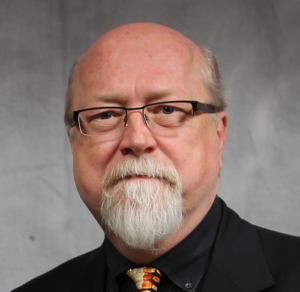Scholarly Communications is a large and complex field, marked as much by debate as by settled conclusions. If you are new to the field, The Basics of Scholarly Communication will give you a solid grounding in fundamentals–open access journals, predatory journals, author’s rights, and institutional repositories–with a focus on NIH-funded research. By the end of the course, you will be able to assist patrons with the basics of scholarly communication.
The course includes:
- A realistic scenario that you engage with to learn and practice skills
- Self-assessment of skills, pre and post
- Recommended Readings & Resources
- Downloadable job aids
Learning Outcomes
When you complete the course you will be able to:
- Describe the main open access variants
- Educate researchers and authors on the problems with predatory journals and how to avoid them.
- Identify opportunities for librarians to educate researchers and authors about scholarly publishing issues.
- Educate researchers and authors on the purpose of institutional repositories
- Explain key features of an author publishing contract and suggest addendums for policy compliance and institutional repository deposit
- Instruct researchers on NIH Public Access Policy compliance
- Educate researchers and authors on funder open access and public access policies
Audience
Medical librarians and other health information professionals who want to assist patrons with fundamental scholarly communications matters. No experience required.
MLA CE Credits 1.5
Subject Matter Expert

T. Scott Plutchak was the Director of UAB’s Lister Hill Library of the Health Sciences from 1995 to 2014. He retired from his position as Director of Digital Data Curation Strategies at the University of Alabama at Birmingham (UAB) in 2017. He received MLA’s Estelle Broadman Academic Librarian of the Year award in 2001 and delivered MLA’s Janet Doe Lecture in 2011. In 2009 he was a member of the Scholarly Publishing Roundtable, which submitted a report to the US Congress in January 2010 with recommendations on providing public access to federally funded research results. He has extensive publishing and speaking experience on the topic of scholarly communication.
The team that created The Basics of Scholarly Communication:
T. Scott Plutchak, Subject Matter Expert
Leilani Funaki, Instructional Designer
Margaret Henderson, MLA Information Management Curriculum Committee Representative
Staff support:
Deb Cavanaugh, MLA Director, Professional Development
Barry Grant, MLA Director, Education


